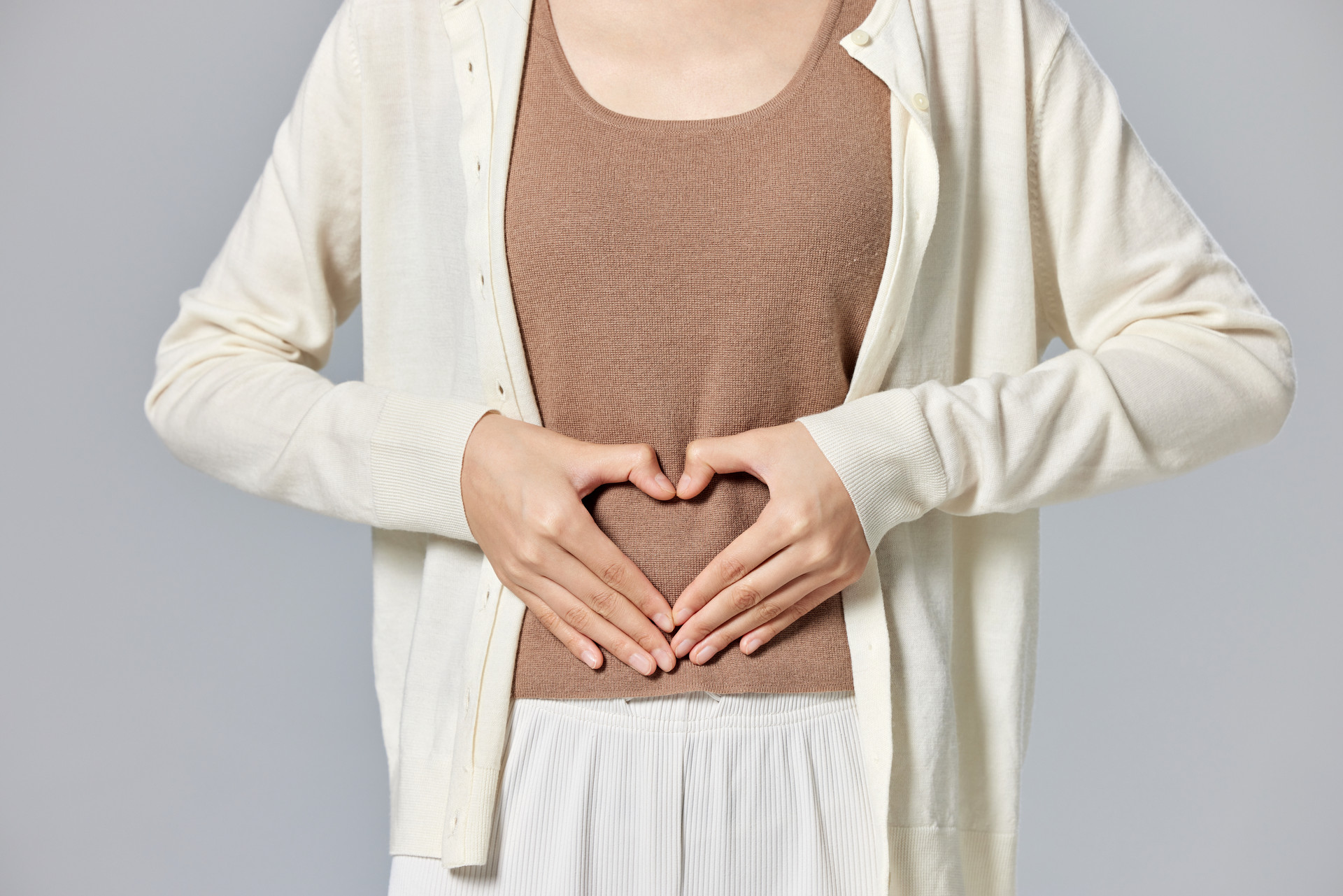Many women associate acne with their bitter enemy, as these little bumps are the main characters of those gray memories in their youth. They believed that once they grew up, they would be able to part ways with them. Many careful women have noticed that every time "Aunt Flo" comes, they inexplicably have more acne on their faces. But after menstruation, the acne noticeably decreases. Could it be that acne also has a cycle?
In traditional Chinese medicine, acne is also called acne vulgaris. Traditional Chinese medicine believes that acne is caused by excessive heat and blood stagnation in the body, with heat rising to the head and face due to excessive heat in the lungs and stomach. The stagnation of blood heat and the imbalance of endocrine lead to excessive yang and fire in the body, which enters the blood and burns the meridians, causing blockage of the meridians and accumulation of toxins in the body for a long time. When there is an imbalance in the endocrine system, menstrual irregularities are also likely to occur, and these physical imbalances are manifested on the face as acne. Menstruation is a very important channel for the body to excrete waste, so menstrual disorders provide a fertile ground for the flourishing growth of acne, and acne will improve after menstruation.
Some women love to eat sweets, while others have a preference for fried foods. Due to lack of dietary control, excessive consumption of sweets or greasy foods, or overeating, food accumulates in the stomach and intestines, causing stagnation and transformation of dampness and heat, which rises to the heart and lungs, resulting in heat accumulation in the lungs and stomach. When lung and stomach heat reaches a certain level, it must find an outlet for heat dissipation. At this time, if there is food accumulation in the lower gastrointestinal tract, the heat will have to rise to the head and face, leading to the growth of annoying acne.
Some women naturally have excessive heat in their bodies. For example, they are sensitive to heat, not afraid of cold, easily get heat from spicy foods, and their blood tends to be hot. Prolonged heat in the blood leads to insufficient moisture in the blood, stagnation of qi and blood, and accumulation and blockage in muscles and skin, resulting in acne. Emotional excitement or depression can turn into fire in the body, heating up the blood. Working in a very hot environment for a long time or excessive exposure to heat in hot seasons, excessive sweating, prolonged thirst and dehydration can also cause blood heat.
To improve these problems, cupping can be used. Acupoints such as Dazhui, Feishu, Geshu, and Weishu are selected. The Dazhui acupoint...






